Books to read: How to live in capitalism and find meaning
Here's a list of new fiction and non-fiction, stories about a publisher looking for ethical means of consumption and the technocratic promises of BJP since 2014
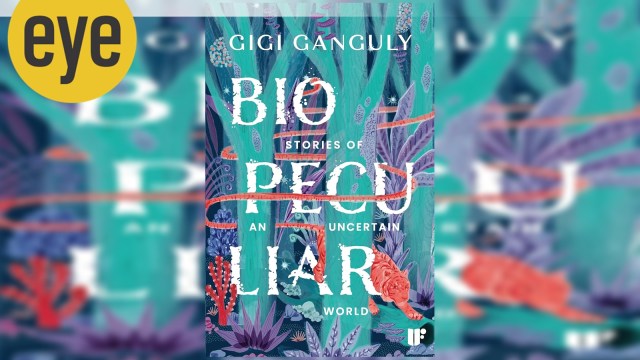 Biopeculiar by Gigi Ganguly (Book jacket from Amazon)
Biopeculiar by Gigi Ganguly (Book jacket from Amazon)Martyr
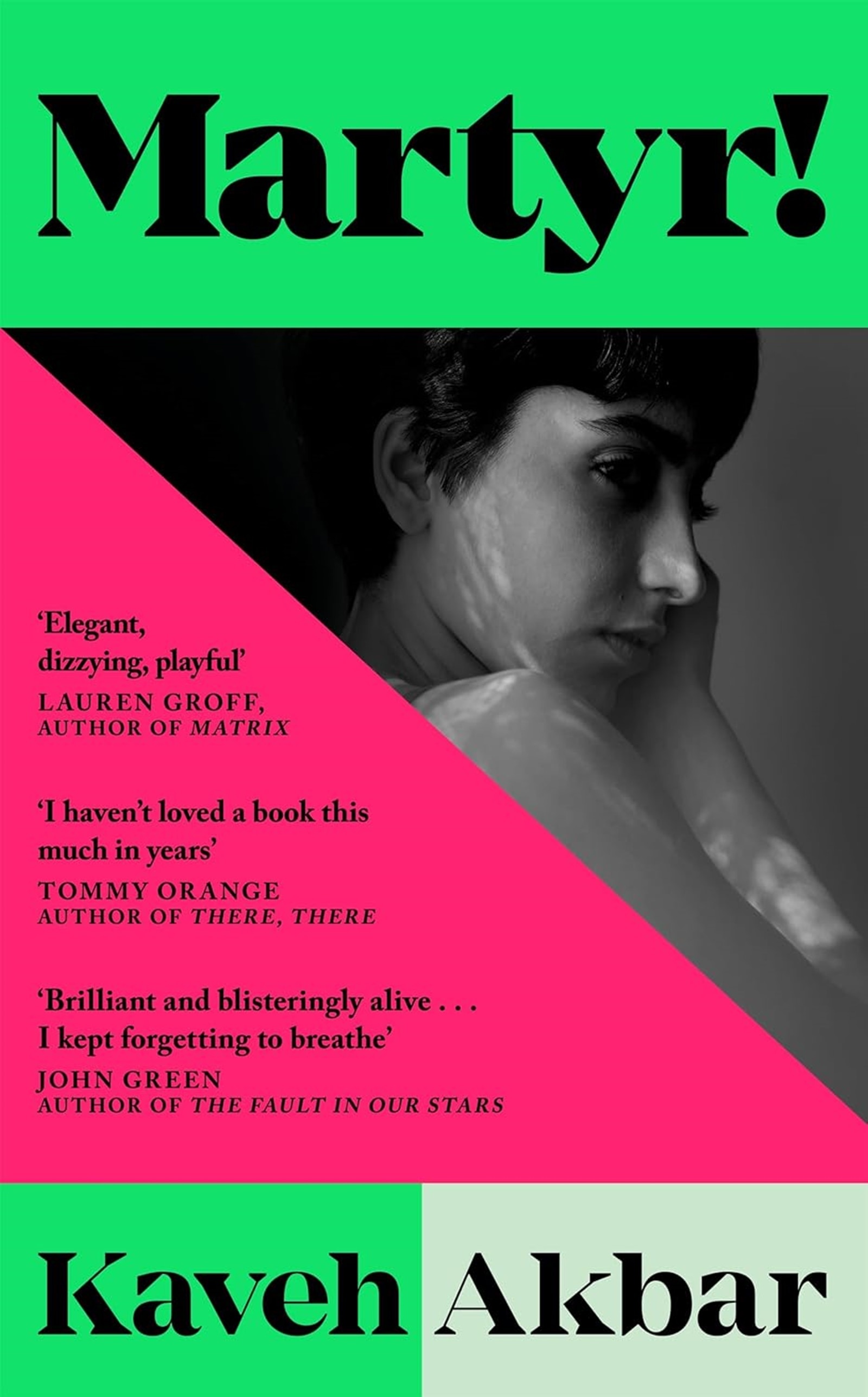 Book jacket from Amazon
Book jacket from Amazon
(Rs 599, Pan Macmillan) by Kaveh Akbar is a debut novel by the multiple-time-Pushcart-winning poet, about a New York-based writer whose mother was shot down over the Persian gulf in a ‘senseless accident’, whose father has spent a lifetime ‘killing chickens’ at a farm, and who is driven by alcoholism towards martyrs, artists, religion and the search for meaning.
Biopeculiar
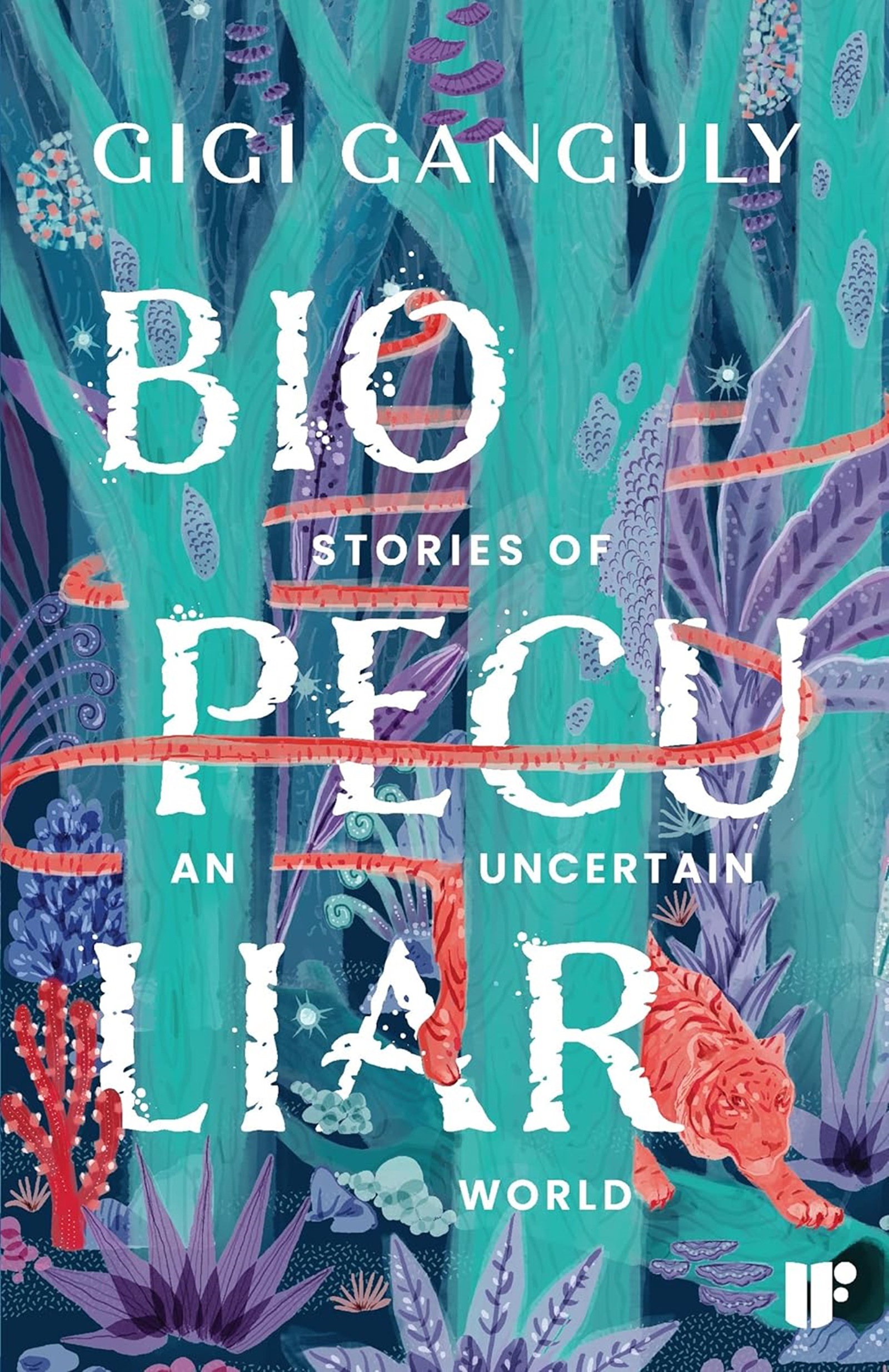 Book jacket from Amazon
Book jacket from Amazon
(Rs 399, Westland) by Gigi Ganguly is a short fiction collection about the natural world, telling stories of cloud-herders, weather departments and corvid inspectors. Ganguly’s second book in the science-fiction genre, following her 2022 novella about a mysterious repair shop in Delhi’s Chandni Chowk, its stories are interspersed with love, hatred, indignance and empathy for the natural world.
Choice
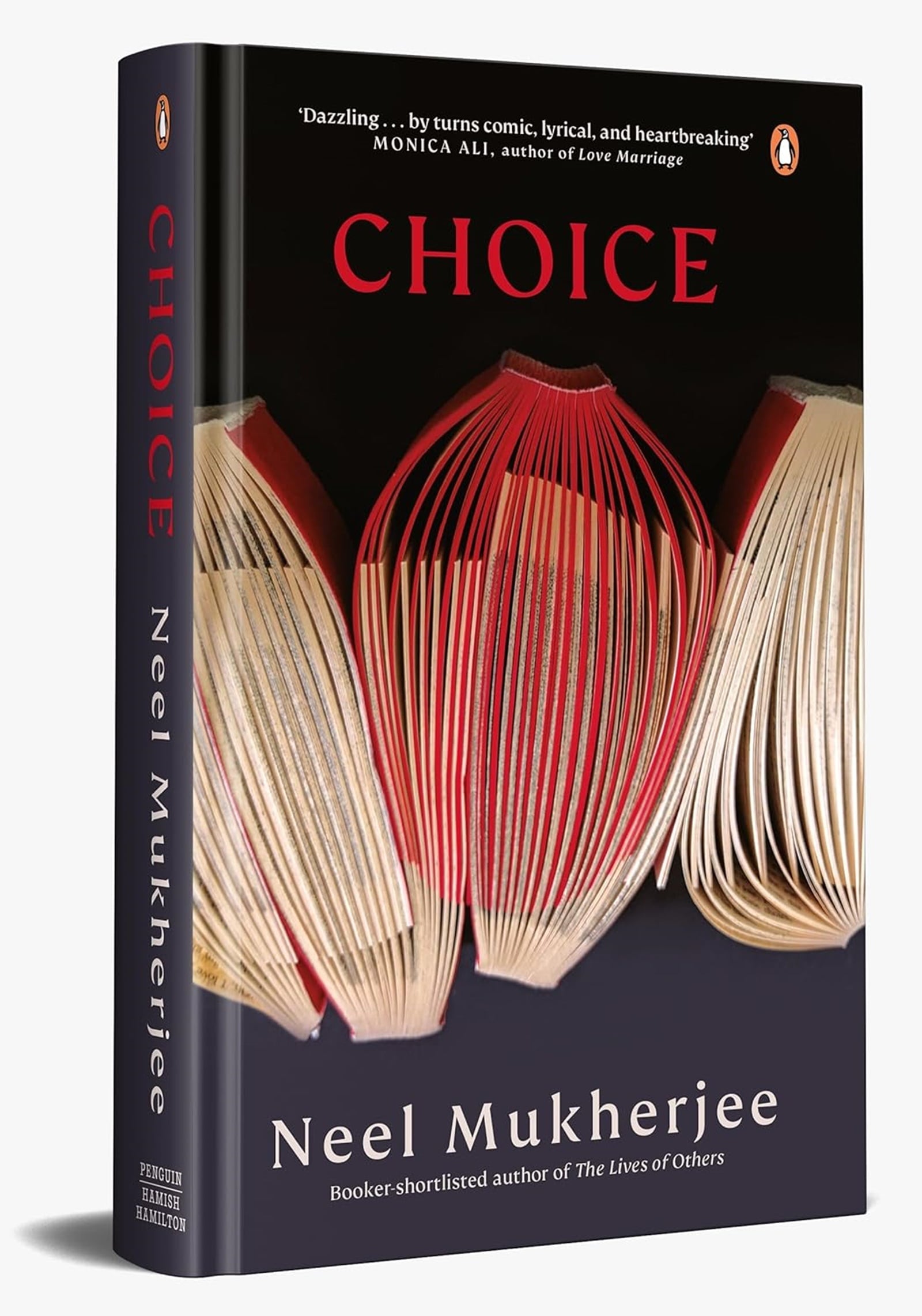 Book jacket from Amazon
Book jacket from Amazon
(Rs 699, Penguin) by Neel Mukherjee is the fourth book by the Booker-shortlisted writer, about a London-based publisher who’s obsessed with the question ‘How ought one to live?’ and what that means in 21st century capitalism within which, as some say, there’s no such thing as ethical consumption. The story is anchored on his interactions with his economist husband, children and commissioned authors.
The New Experts
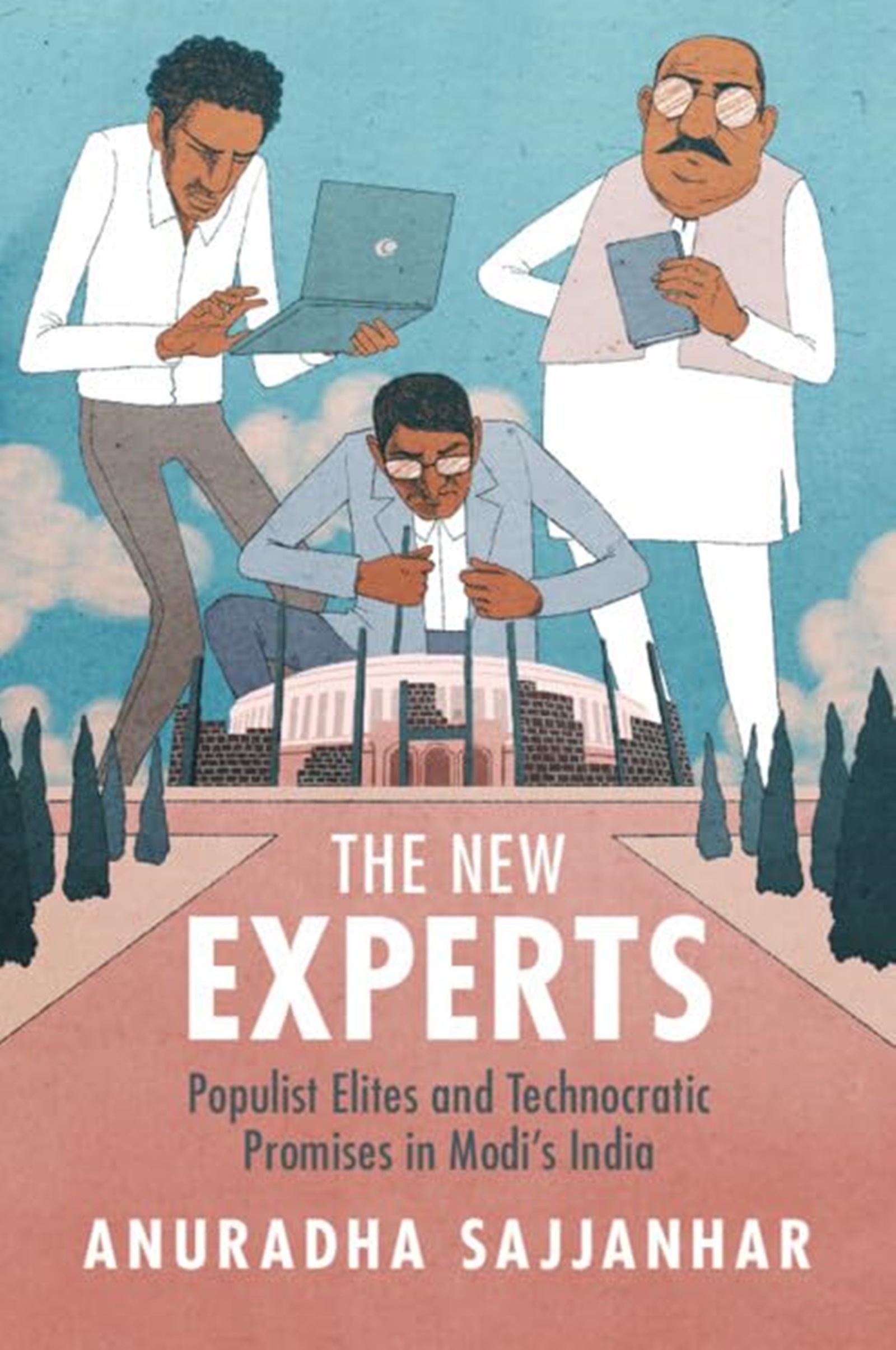 Book jacket from Amazon
Book jacket from Amazon
($34.99, Cambridge University Press) by Anuradha Sajjanhar is about the ‘technocratic promises’ offered by the Bharatiya Janata Party since coming to power in 2014, and how the party’s network of consultants, bureaucrats and workers further the Hindutva project on the plank of economic development.
Understanding India
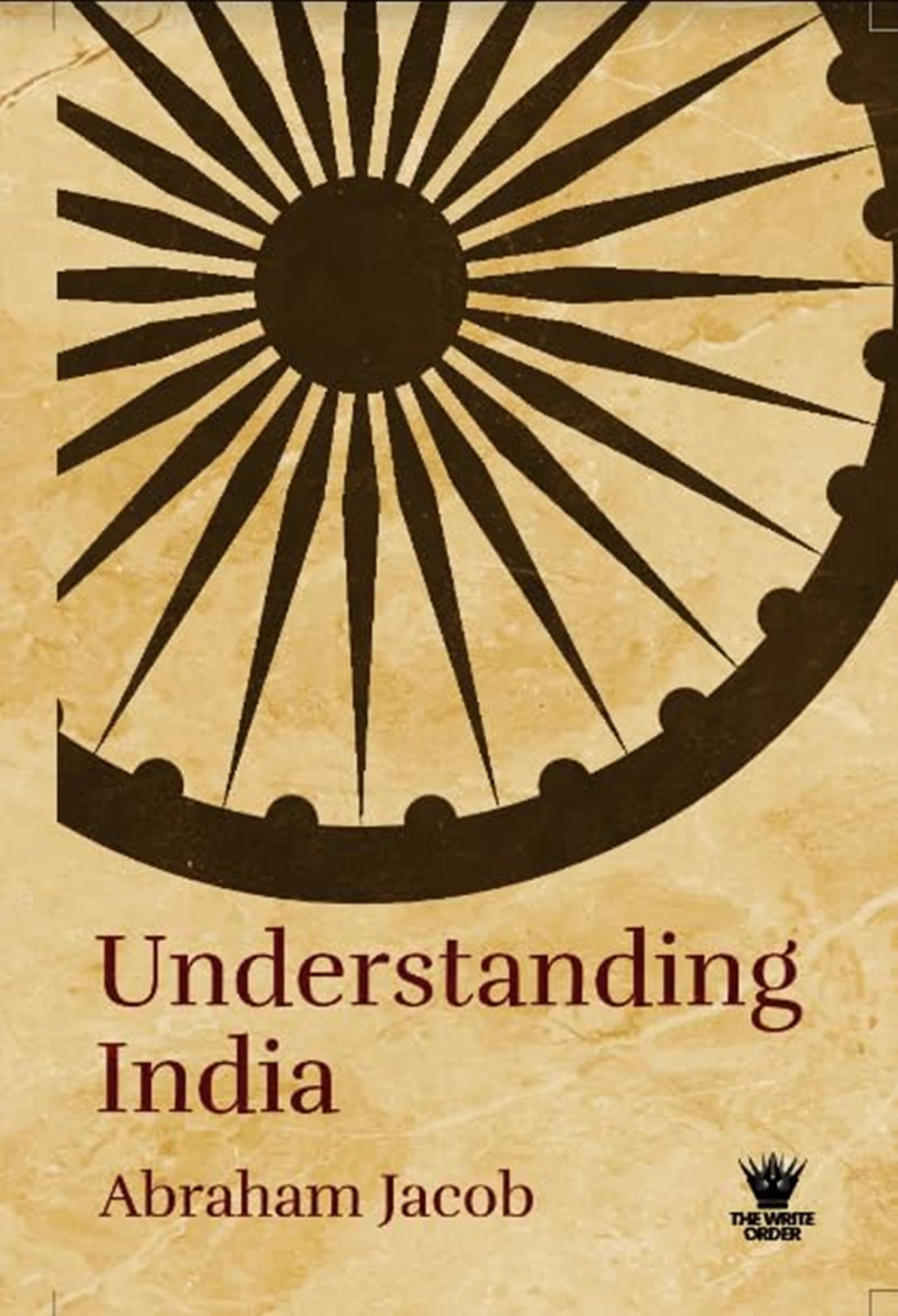 Book jacket from Amazon
Book jacket from Amazon
(Rs 799, The Write Order) by Abraham Jacob is an analysis of literary and philosophical texts from the subcontinent to trace its evolution in spiritual, religious and political thought. It delves into the various sects that merged into the modern-day understanding of Hinduism as the religion of those living east of the Indus River, and the role played by superstition in that trajectory.
Indian Philosophy, Indian Revolution
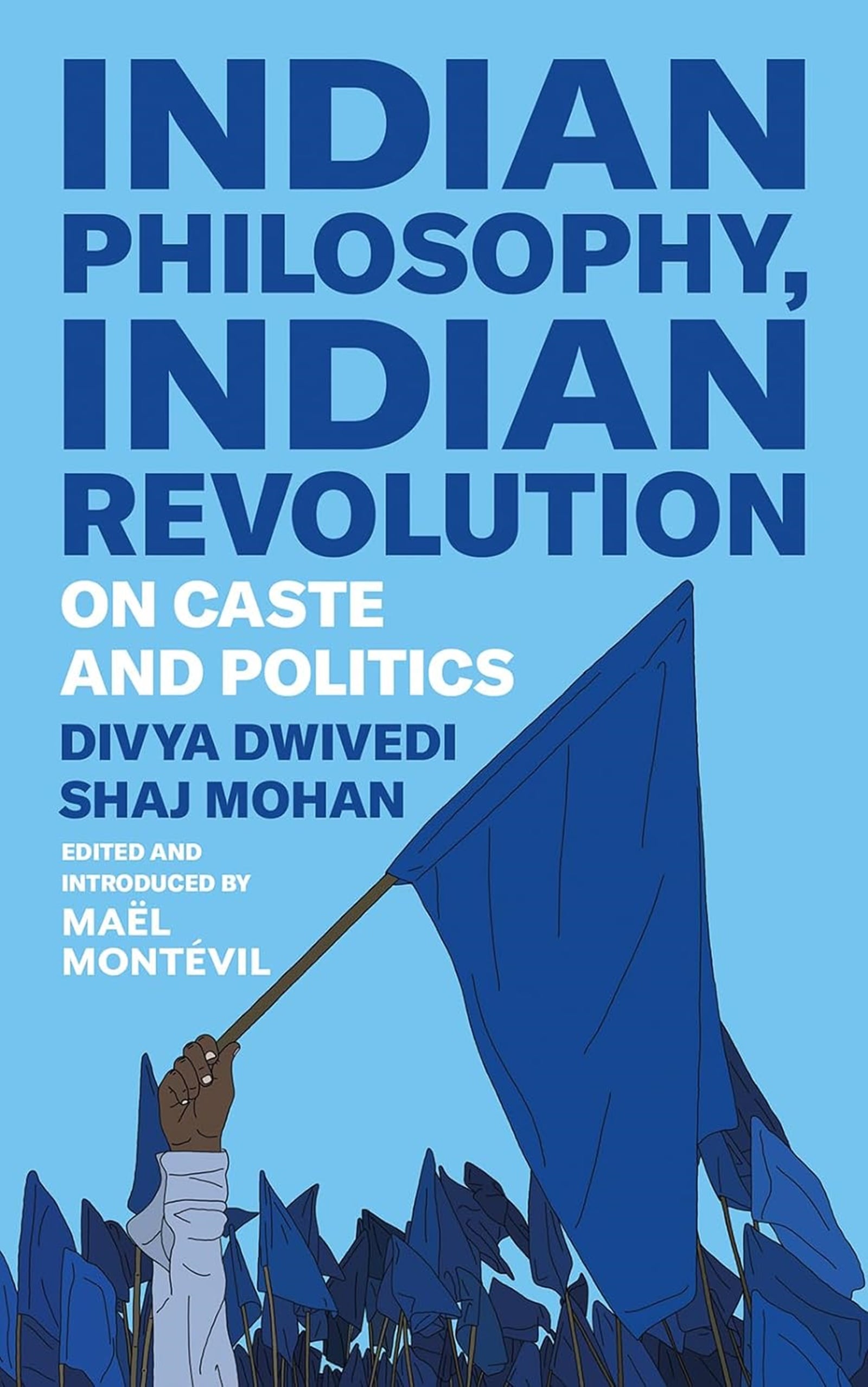 Book jacket from Amazon
Book jacket from Amazon
(Rs 799, Westland) by Divya Dwivedi and Shaj Mohan, edited by Maël Montévi, is a philosophical attempt at breaking down the binary of Hindu nationalism vs religious pluralism through a series of essays written between 2016 and 2023. The authors seek to explain how caste, Brahminism, authoritarianism and lack of press freedom create a landscape where revolution, or resistance, become impossible.
Photos


- 01
- 02
- 03
- 04
- 05





























